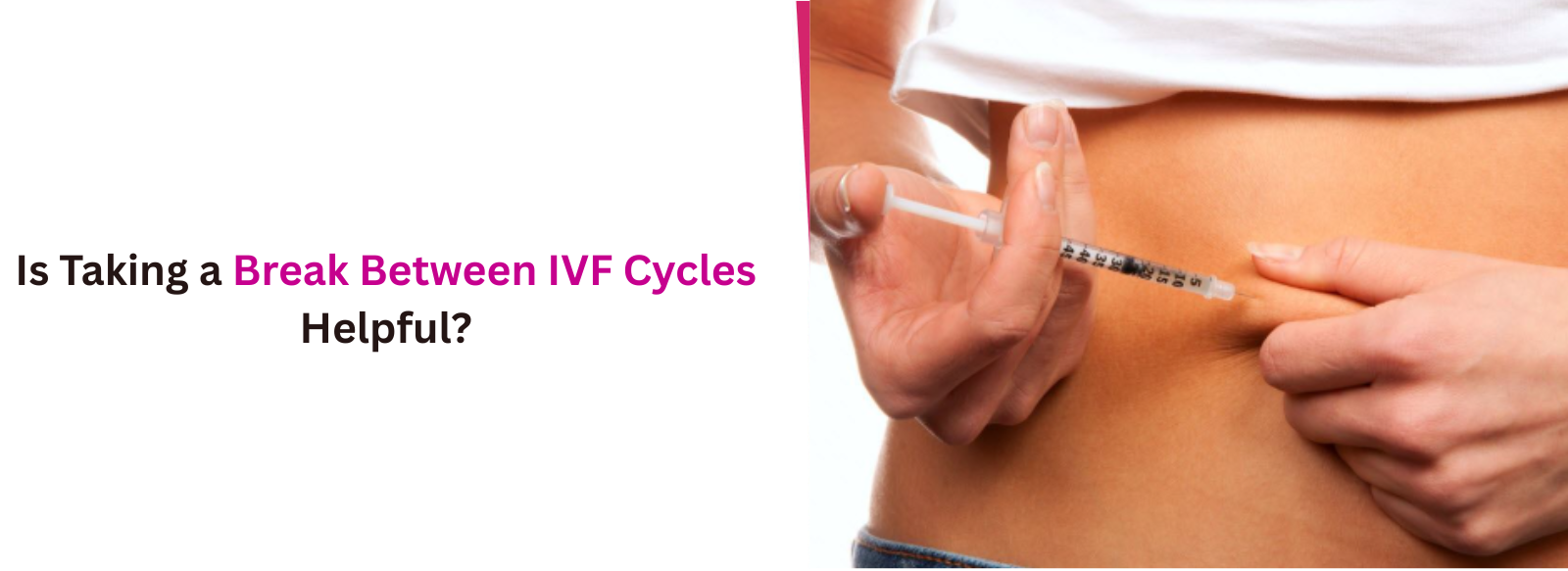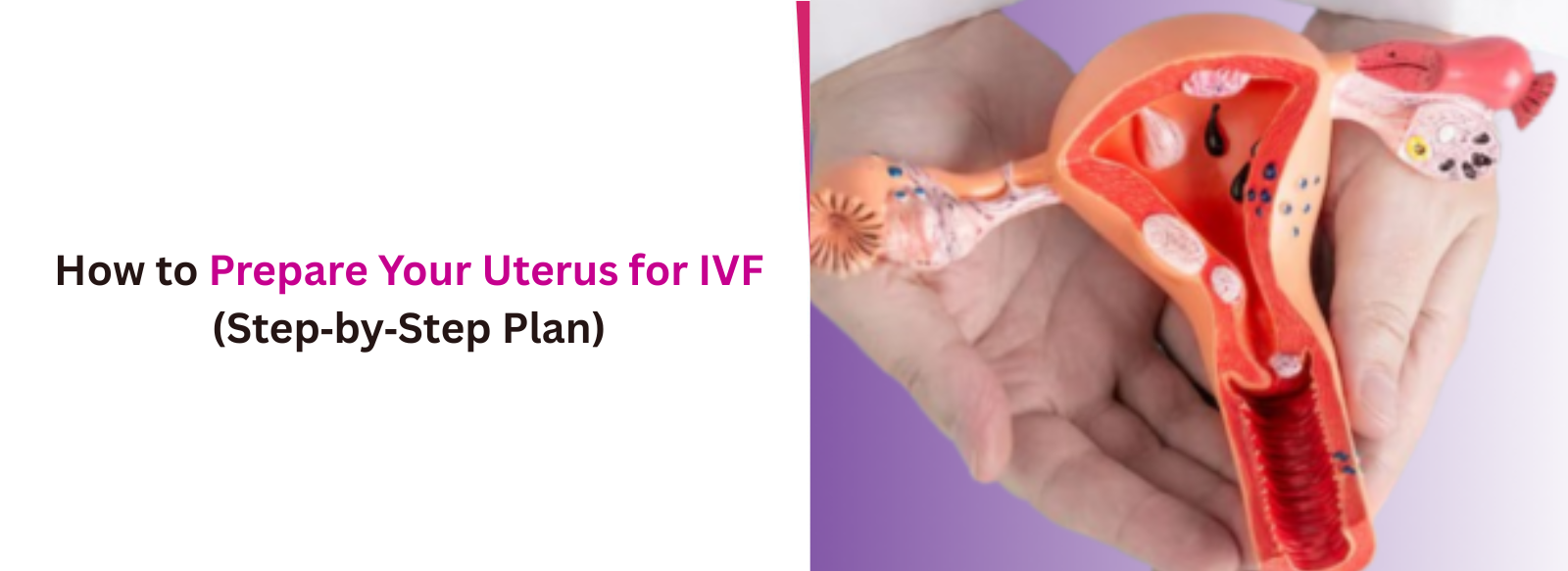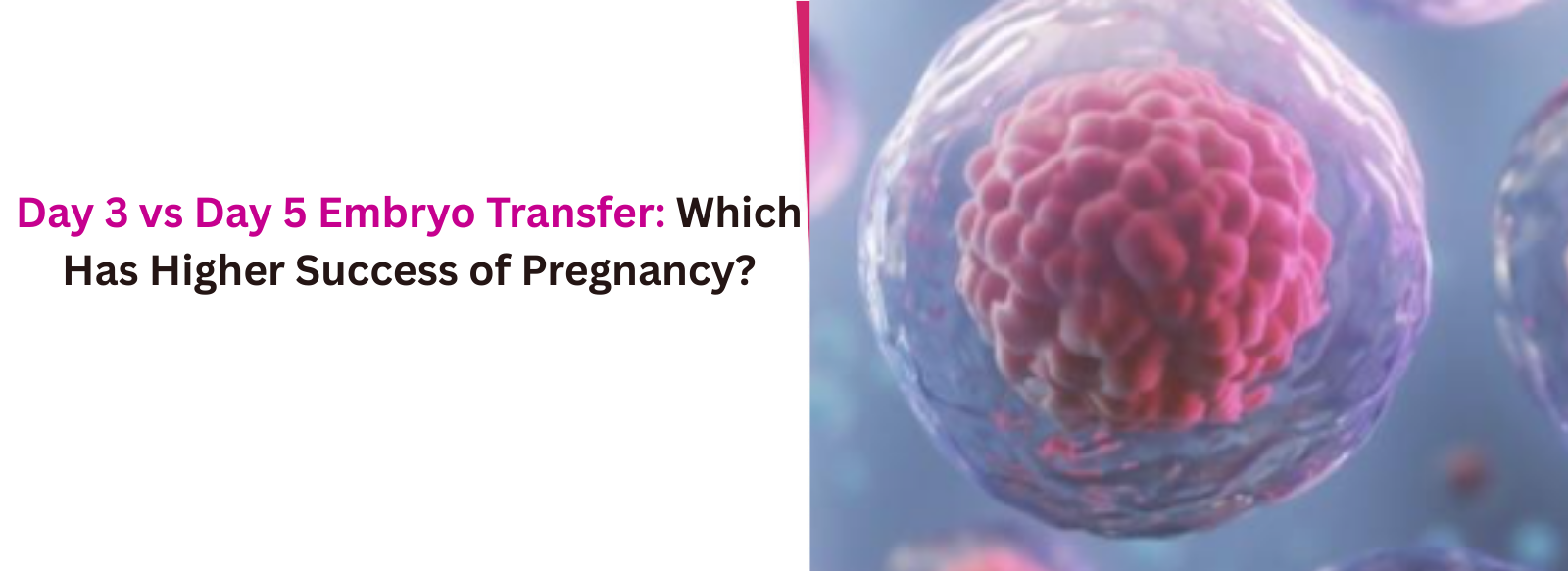Frequently Asked Questions
Infertility is a condition diagnosed after a couple has had 6 months to one year of unprotected, well-timed intercourse and still the woman is unable to conceive.
Infertility is a medical problem. Approximately 35 percent of infertility is due to a female factor and 35 percent to a male factor. In the remaining cases, infertility results from problems in both partners. Often the cause of the infertility cannot be explained easily. It is essential that both the man and the woman be evaluated during an infertility work-up.
Infertility is a medical condition, not a sexual disorder.
Infertility is a disease or condition of the reproductive system. While relaxing may help with your overall quality of life, the stress and deep emotions felt are the result of infertility, not the cause of it. It is important to note that infertility is a medical problem that can be treated.
Most physicians advise you not to be concerned unless you have consistently been trying to conceive for at least one year. However, if you are over 30 years old, have a history of pelvic inflammatory disease, painful periods, miscarriage, irregular cycles or if your partner has been diagnosed with a low sperm count, you may want. to seek help sooner. Many couples have a hard time admitting there may be an infertility problem. With the disappointing arrival of a period each month, a woman often consults her regular ob/gyn or clinic.
Doctors who specialize in infertility are trained in reproductive endocrinology. You can visit the center and check whether it is well-equipped and lead by a qualified doctor.
Contact your area clinic and talk with the doctor or office staff to learn about his/her availability to patients, willingness to talk to you about your particular circumstance, tests used, fees, etc. These are things you want - and need to know. Most specialists prefer to see a couple together at the first appointment. Always be prepared with questions to be sure you are getting the best treatment possible and that you feel comfortable with the physician. Information provided throughout this site will help you to be better informed and better prepared for your first meetings with your own doctor or a fertility specialist.
Contact your area clinic and talk with the doctor or office staff to learn about his/her availability to patients, willingness to talk to you about your particular circumstance, tests used, fees, etc. These are things you want - and need to know. Most specialists prefer to see a couple together at the first appointment. Always be prepared with questions to be sure you are getting the best treatment possible and that you feel comfortable with the physician. Information provided throughout this site will help you to be better informed and better prepared for your first meetings with your own doctor or a fertility specialist.
If your situation demands an infertility specialist, you can get a referral from your present gynaecologist, regular clinic, or properly study the advertisements in the newspapers given by the centers.
Communication between the physician and patient/couple is essential. You must know about what treatments are available. What is right for one couple. may not be right for another - physically, financially, or emotionally. Ask questions. If you don't understand, ask again. Also, consider a second opinion. It can be helpful. Discuss all the options with your physician.
Your doctor will generally do the following:
• Blood tests to check all hormone levels in the female: thyroid, prolactin, and androgen levels
• Complete semen analysis on the male partner
• Hysterosalpingogram, an x-ray to evaluate if the woman's fallopian tubes are open.
Other possible tests:
• Endometrial biopsy, a test to check the quality of the uterine lining
• Laparoscopy. This is outpatient surgery to check for endometriosis or pelvic scoring in the female. If you have not had these tests done, ask your doctor about them. It is futile to proceed with treatment unless you have ruled out all possibilities.
The lab will provide instructions to abstain from sex for a certain period of time before the test, and will give you a small jar to use for the specimen. After masturbating and ejaculating into the jar, you must take the whole specimen immediately to the center. (You may be asked to produce a specimen at the center, where they will provide a private room.)
The day you start your period is Day 1. Around Day 14 you may ovulate. This means that your ovary produces an egg. That egg is viable for about 24 hours; this is your most fertile time. However, not all women ovulate exactly on Day 14. Some ovulate a little earlier and some later. Some don't ovulate at all. Remember, you can get your period even though you are not ovulating and your ability to ovulate can vary from month to month. Sperm is viable for about 48 hours. It is crucial for sperm to be present during the woman's most fertile time.
The simple, inexpensive way of finding out the approximate time when you ovulate is to take your basal temperature every morning with a Basal Body Thermometer and record it on a chart. Save all your charts so you can review them with your doctor. Three or four months of charting should be sufficient.
Yes. You can buy an ovulation predictor urine test at your drug store. Also, your body may signal when you are about to ovulate; many women feel twinges in their lower abdomen (the ovaries are on the right and left sides of your lower abdomen). Some women notice a vaginal discharge at their fertile time. In addition, your doctor can ask an ultrasound or appropriate blood tests to determine ovulation.
Plan to have intercourse every other day around the time you ovulate. (Day 10, 12, 14 and 16) Every woman is different, and may not ovulate exactly on Day 14. Remember, just because you ovulated on Day 14 this month, doesn't necessarily mean you will next month. It is preferable to have intercourse every other day rather than every day so that sufficient sperm is available.
The success rates of IVF can fluctuate based on factors like age, specific fertility challenges, and the proficiency of the clinic.
Some states in India have initiated programs to provide financial support or subsidies for IVF treatments.
Yes, additional costs may include medications, genetic testing, freezing embryos, or storage fees.
Yes, multiple IVF cycles can be attempted. The decision depends on various factors, including the medical advice and your circumstances.
Clinics typically provide an approximate cost breakdown during the initial consultation.
There are other alternative approaches available like intrauterine insemination (IVF) or the use of fertility medications. It's advisable to talk about it with your reproductive specialist.




